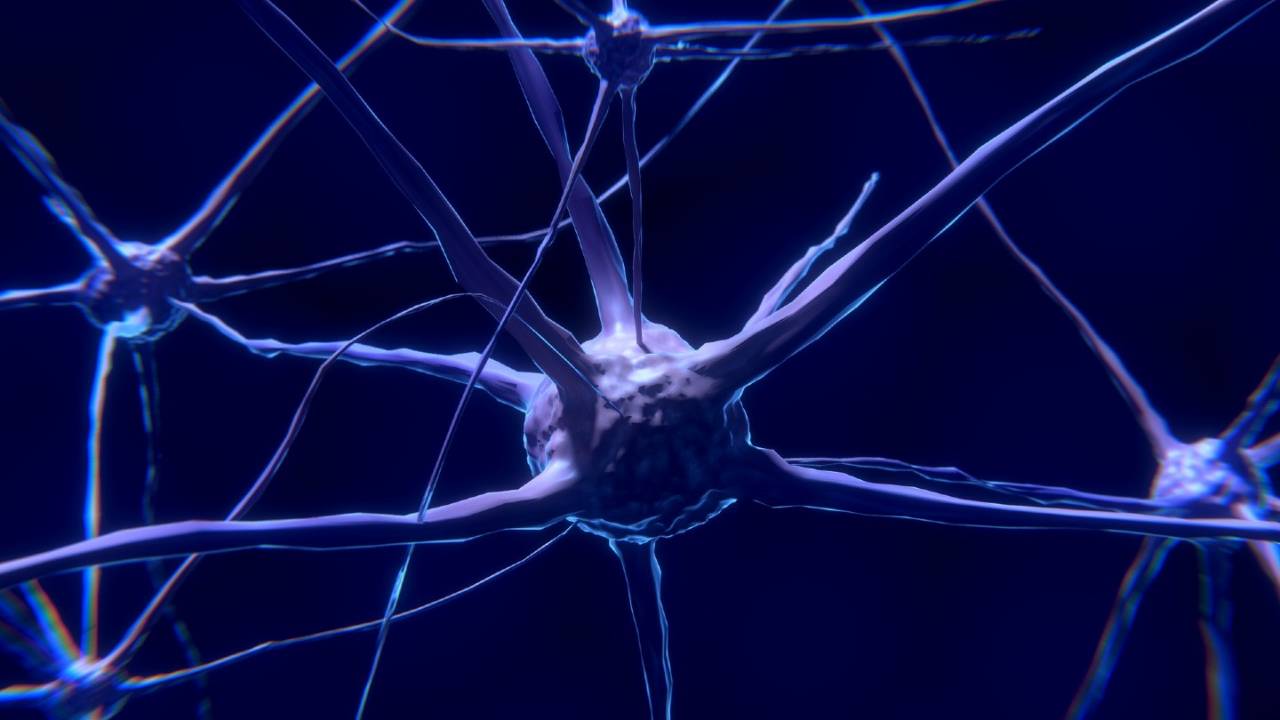Learn about brain health and nootropics to boost brain function
Study finds psychedelic DMT may be a powerful nootropic

Researchers with the Complutense University of Madrid have found that DMT, the psychedelic compound found in an Amazonian tea called ayahuasca, promotes the formation of new neurons in the brain, a process called neurogenesis. That’s only one of the potential benefits identified by the new study, hinting at ‘great therapeutic potential,’ according to one of the researchers.
Dimethyltryptamine, more commonly called DMT, remains illegal in many countries, but has grown in popularity among spiritual and brain-enhancing communities for its alleged ability to boost cognition and promote mental wellbeing — at least based on some anecdotal claims.
Research into the compound is still slim, relatively speaking, but has expanded with the new study out of Spain. The researchers spent four years studying the compound both in vivo and in vitro, finding that mice treated with the psychedelic experience ‘greater cognitive capacity.’
The researchers explain in their study: Our results demonstrate that DMT administration activates the main adult neurogenic niche, the subgranular zone of the dentate gyrus of the hippocampus, promoting newly generated neurons in the granular zone. Moreover, these mice performed better, compared to control non-treated animals, in memory tests, which suggest a functional relevance for the DMT-induced new production of neurons in the hippocampus. The researchers note that it is difficult to form new neurons when some die from disease or as we age. DMT is called a promising future approach to solving this problem, one that may not even include the profound — or sometimes terrifying — hallucinations that users report.
According to the study, researchers altered the receptor that DMT binds to, reducing the hallucinogenic effect as a result. This may make the compound more tolerable for future patients suffering from neurodegenerative and psychiatric illnesses.
The study states: One of the main limitations that arise when designing a possible drug from the results obtained is to achieve the desired neurogenic effect without causing the patient hallucinogenic effects secondary to treatment with DMT, through the activation of 5-HT2A receptors. The results here obtained indicate that the observed effects of DMT are mediated by the activation of the S1R. In this regard, it has been shown that the stimulation of the S1R by different agonists enhances neurogenesis in the hippocampus. Of course, additional research into this psychedelic and others like it are necessary to get a complete picture of the drug and its potential benefits and risks in humans.
Read more at www.slashgear.com